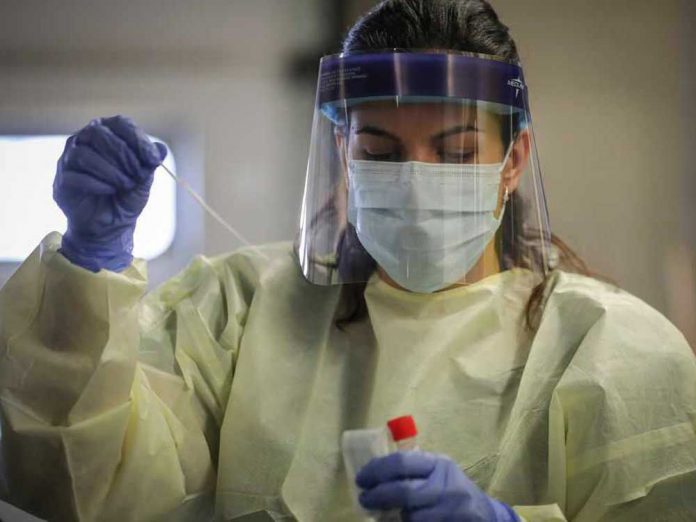Dr. David Williams, Ontario’s chief medical officer of health, indicated it is critically important for people to continue to work to keep community transmission of COVID-19 down, especially as the province works to open schools in the fall.
“We know that if the community transmission is very low, the risk to schools is also low,” Dr. Williams said. “This is the forward investment rather than saying we’ve opened this up and let’s throw caution to the wind, that is not the message.”
Ontario’s chief medical officer of health also echoed premier Ford’s statement that different local health units are able to implement additional measures as they head into Stage 3, including Toronto and John Tory’s of list recommendations for food and drink establishments.
“I thought there were some good options in there,” Dr. Williams said. “I think those are aspects…that some municipalities, if they have a lot of dense, heavily used bar-type facilities, could put some limitations in there to decrease the risk-taking behaviour, if you may, of the patrons who might utilize that.”
‘It’s easy for people to forget that we’re still in a pandemic’
Dr. Barbara Yaffe, Ontario’s associate chief medical officer of health, said Ottawa’s public health unit has specifically identified an increase in cases in young people, with plans to increase case management staff, more mobile testing outreach and potential bylaw changes for gatherings.
“I think we have seen an increase in cases in young people in general,” Dr. Yaffe said. “The experience we’re seeing in other jurisdictions is young people going out to bars or private gatherings, so it wouldn’t be unlikely that it’s happening across other parts of Ontario.”
“What we’re trying to say is, it’s easy for people to forget that we’re still in a pandemic and to go back to what they used to do. The disease is still around, it will transmit and it may not be those young people who are severely affected but it could be people around them.”
































